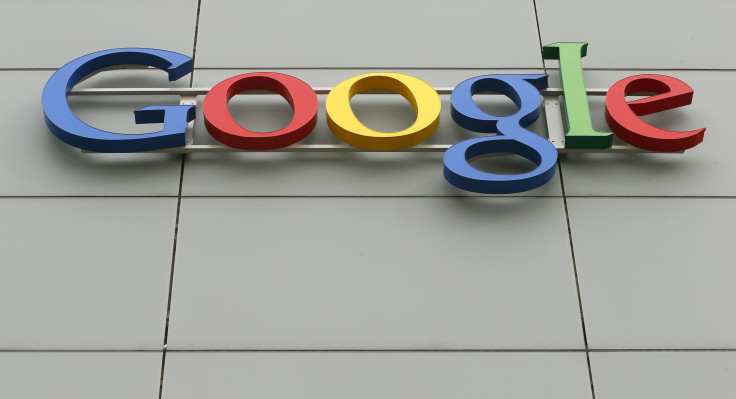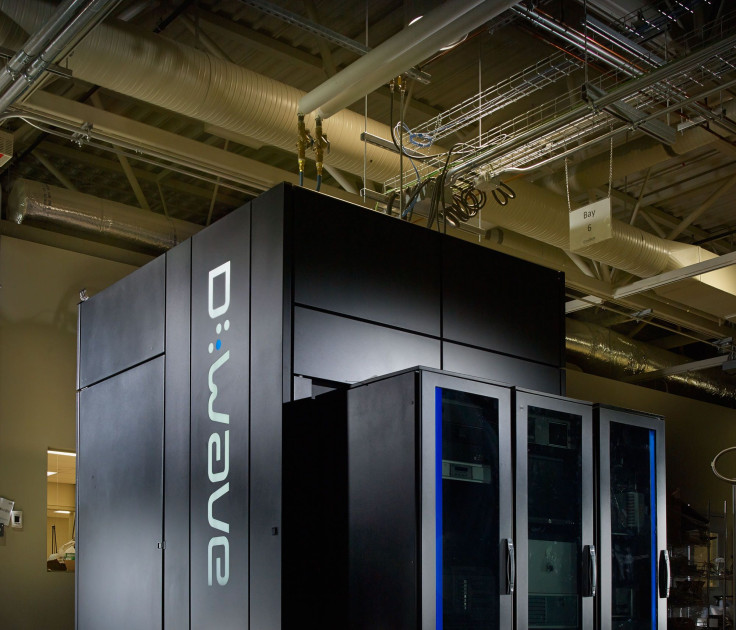Google's Quantum Leap: D-Wave, NASA Deal Paves Way For Faster Search, AI, Space Exploration

SAN FRANCISCO -- Google has entered into a seven-year agreement that will ensure it gets first access to the latest versions of quantum computers, a technology still in its early days that promises to tap into the power of atoms and molecules to complete tasks faster and solve more complex problems than what's possible on the machines most companies have today.
The deal provides that Google, along with partners NASA and the Universities Space Research Association (USRA), will receive the latest quantum computer systems as they become available from D-Wave, a Canadian company that specializes in next-generation technology.
The deal kicks off with the recent installation of the D-Wave 2X system at the Quantum Artificial Intelligence Lab, the collaborative effort among Google, NASA and the USRA. The three organizations first began using D-Wave's systems in 2013, and based on the agreement, it appears they're pleased with what they 've seen so far.
“The new agreement is the largest order in D-Wave’s history, and indicative of the importance of quantum computing in its evolution toward solving problems that are difficult for even the largest supercomputers,” D-Wave CEO Vern Brownell said in a statement.

For Google, the interest in quantum computing lies in the possibility of drastically improving the company's efforts when it comes to Web search, speech recognition, artificial intelligence and much more. NASA and the USRA, meanwhile, could benefit from the technology's abilities to carry out "robotic missions to other planets," D-Wave said.
“Working with the D-Wave processors has helped us develop and fine-tune models of quantum annealing,” Hartmut Neven, Google's director of engineering and the head of the Quantum Artificial Intelligence Lab, said in a statement. “We look forward to the continued advancements coming from each generation of D-Wave systems.”
D-Wave, however, is not the only quantum computing team Google is working with. The tech giant last year hired a team of highly regarded quantum computing experts from the University of California, Santa Barbara, to tackle the technology with a different approach. With this multipronged strategy, Google hopes to stay on the cutting edge of quantum computing technology.
© Copyright IBTimes 2025. All rights reserved.




















